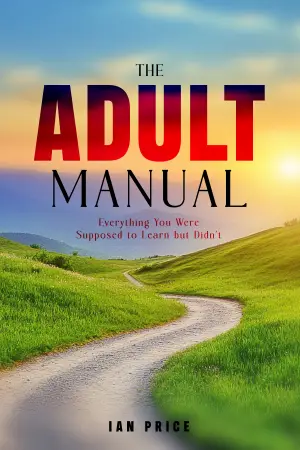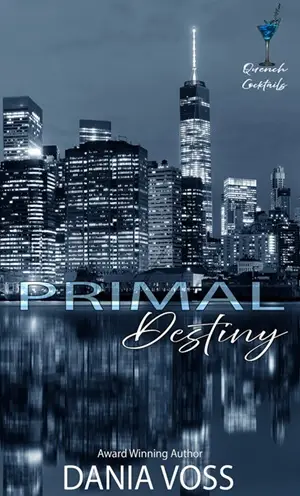As a passionate reader with a keen interest in thought-provoking novels that explore the depths of human experience, I was drawn to UnWorld by Jayson Greene after encountering its compelling premise. The idea of exploring intertwined lives in a near-future world where human consciousness meets artificial intelligence intrigued me, especially in the context of grief and what it means to be truly alive.
The novel centers around Anna, a mother consumed by the mysterious death of her son, Alex. She grapples with whether it was suicide or an accident, which sets the tone for the emotional depth present throughout the narrative. Through the perspectives of Anna, Samantha (Alex’s best friend), Aviva (an “upload”), and Cathy (an AI professor), Greene crafts a richly layered story that dives into how grief splinters lives and the boundaries between our memories, selves, and technology.
One of the standout aspects of UnWorld is its exceptional character development. As mentioned in a review by Jordy, Greene manages to draw readers into the lives of his characters effortlessly, making it difficult to put the book down. Anna’s inner turmoil, Samantha’s haunting memories, and Aviva’s complex existence highlight the intricacies of human emotion and connection. Each character provides a different lens through which we can examine grief, love, and the nature of being truly human.
On the other hand, some readers have faced confusion regarding the narrative structure, as highlighted by Beth’s review. The intertwining chapters lack traditional divisions, which may leave some feeling disconnected at certain points. While I appreciated the creative approach, there were moments when the transitions felt abrupt, causing me to pause and recalibrate my understanding of how the stories connected. However, I found that the challenge ultimately added to the reading experience, prompting deeper reflection on the themes Greene presents.
Another notable strength of the book is its capacity to provoke thought about the implications of AI in our emotions and memories. The existence of Aviva as an emancipated upload raises essential questions about where consciousness resides—whether inside our bodies or beyond in the digital world. This theme resonates powerfully with the modern discourse on technology and the evolving relationship we have with it. I agree with the sentiments expressed by Bookwormish Me that while it may be classified under science fiction, the true essence of UnWorld delves deeply into our psychological landscape, making it approachable and relatable.
Nevertheless, while the book’s strengths are evident, I would be remiss not to mention the darker themes present. Some readers may find the emotional weight of topics like suicide and addiction overwhelming. And as A_Mac pointed out, the narrative at times feels like it could benefit from a more tightly-knit plot. There are sections where the pace lags slightly, and some points seem to meander without substantial payoff. However, this did not deter my enjoyment of the book but rather encouraged me to cherish the moments of introspection and exploration.
In conclusion, UnWorld is a beautifully crafted and thought-provoking novel that challenges our understanding of consciousness, grief, and the intricate interplay between technology and humanity. Despite some pacing issues and narrative confusion, I found it ultimately rewarding and reflective of the complexities of the human experience. I would recommend it to readers who enjoy profound explorations of character and psychological themes, especially those intrigued by the future landscape of AI. Give it a try—you might find it as captivating as I did. 🌟🌟🌟🌟
Discover a captivating journey in UnWorld: A Novel, where reality and imagination collide. >>








